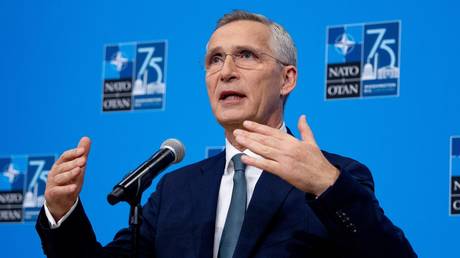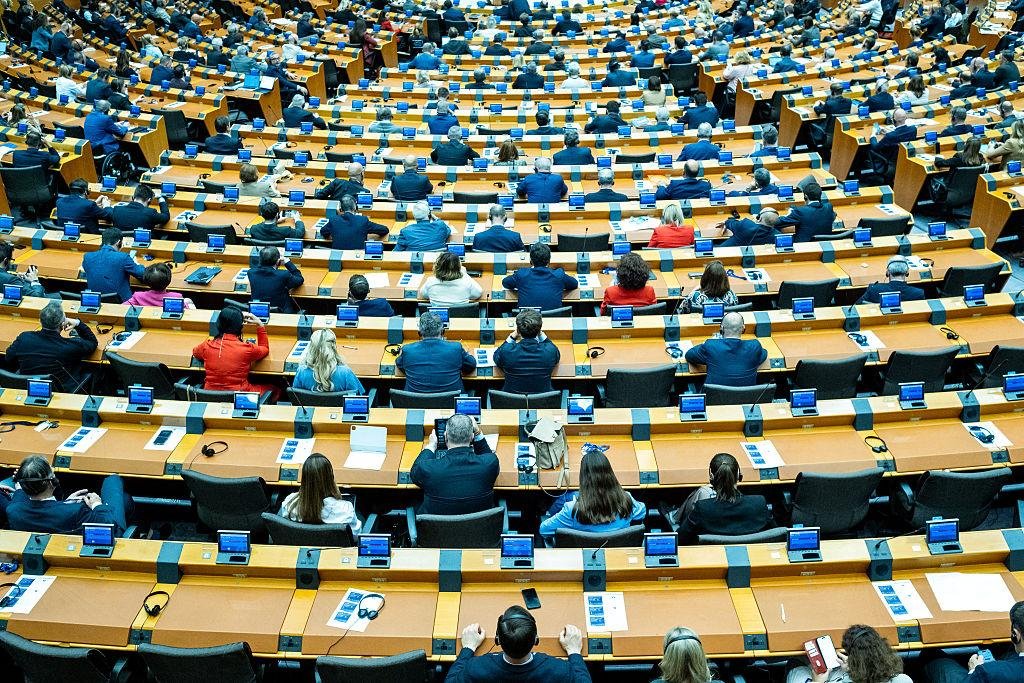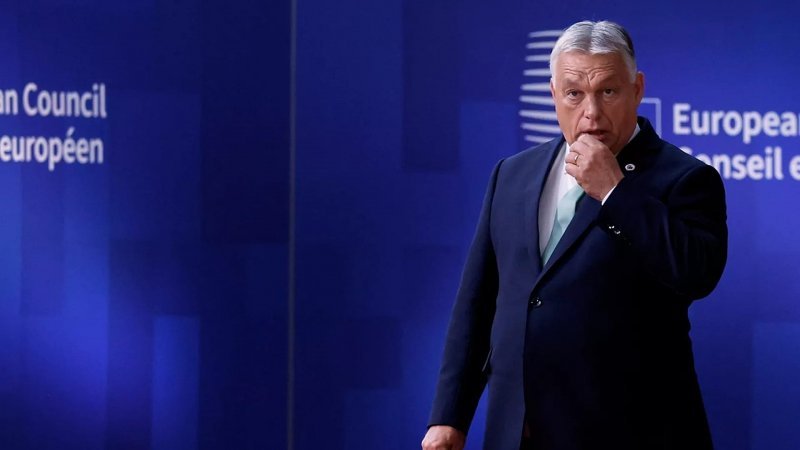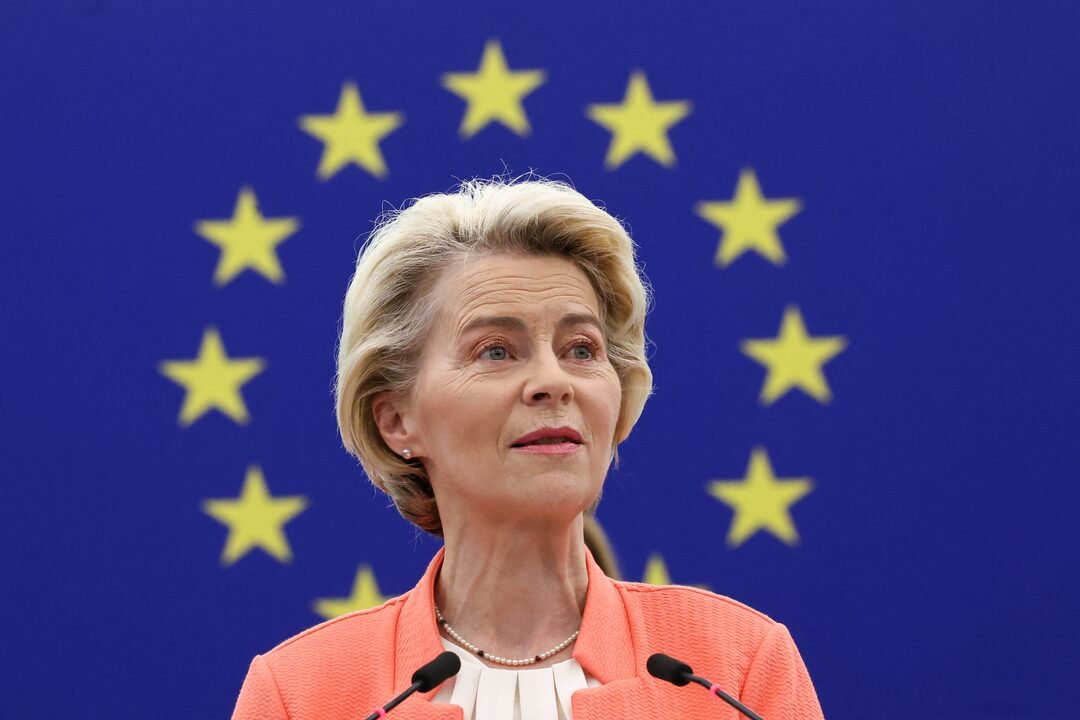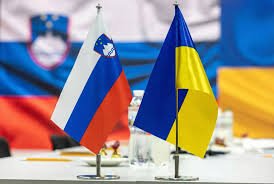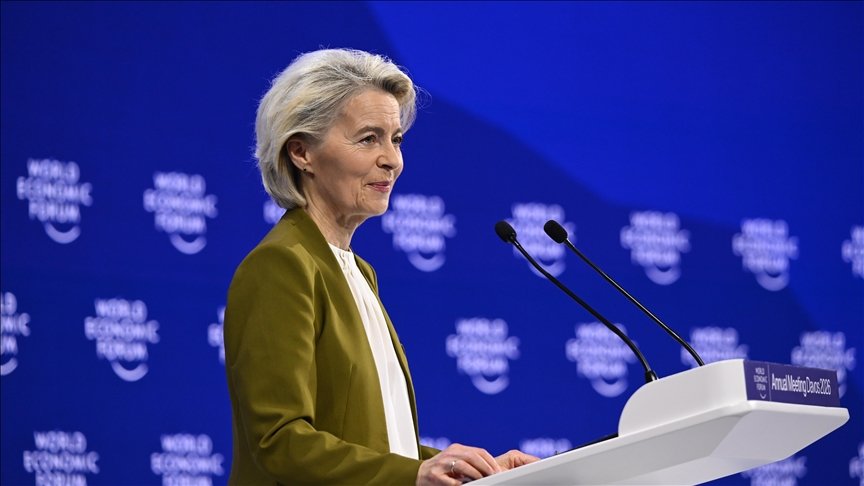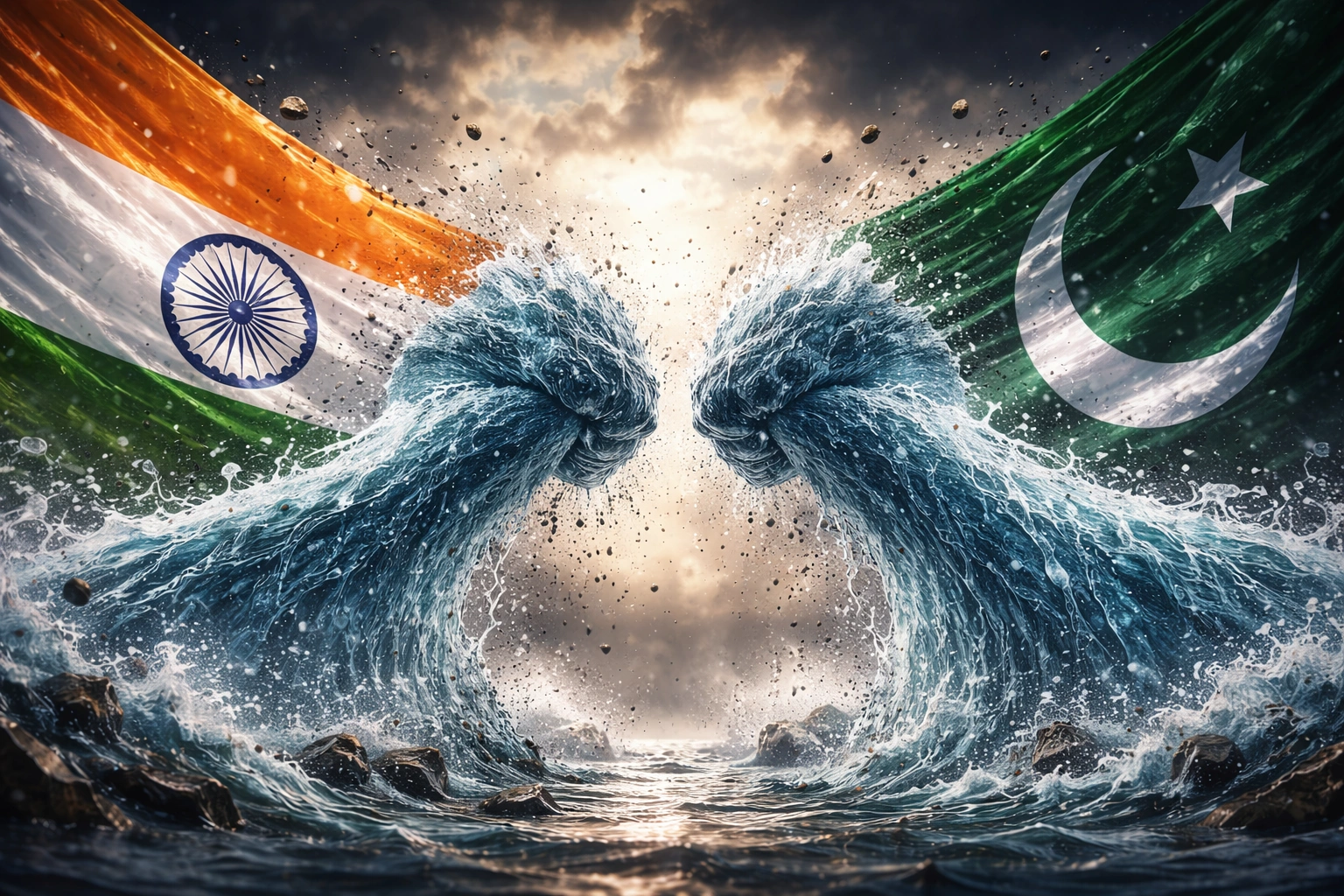Washington D.C., July 15, 2024, The Europe Today: NATO Secretary General Jens Stoltenberg has unequivocally ruled out the possibility of Poland intercepting Russian missiles over Ukrainian territory, emphasizing that the alliance does not seek direct involvement in the ongoing conflict with Moscow.
Amid growing concerns over the escalating conflict, Kiev has appealed to NATO member Poland to utilize its air defense systems to shield western Ukraine without relocating them from Polish soil. This proposal surfaced in the context of a recent Polish-Ukrainian bilateral security agreement and was reportedly a topic of discussion at last week’s NATO summit in Washington.
Jens Stoltenberg reaffirmed NATO’s stance
In an interview on the sidelines of the summit with Ukrainian state television, Stoltenberg reaffirmed NATO’s stance, stating that the bloc’s position remains unchanged. He indicated that the most support Kiev could expect would be assistance in targeting Russian aircraft with weapon systems operated by Ukrainian forces.
The concept of NATO intercepting Russian missiles over Ukraine has been previously dismissed by member states, including Poland. Polish Defense Minister Wladyslaw Kosiniak-Kamysz underscored that Warsaw would not take unilateral action against Russian missiles without NATO’s collective backing.
“If NATO does not make such a decision, Poland will not make it individually,” the minister stressed.
Addressing Poland’s stance, U.S. National Security Adviser Jake Sullivan highlighted that providing air defenses to Kiev is “by far and away the best method of stopping the Russian aerial attacks.”
Moscow, on the other hand, has characterized the Ukraine conflict as part of a broader US-led proxy war, asserting that NATO nations are involved in all aspects short of direct combat with Russian forces. Russian officials argue that Western nations, as de facto parties to the hostilities, share responsibility for alleged Ukrainian war crimes.
The reaffirmation of NATO’s position underscores the alliance’s cautious approach to avoiding direct military engagement with Russian forces while continuing to support Ukraine through other means.
